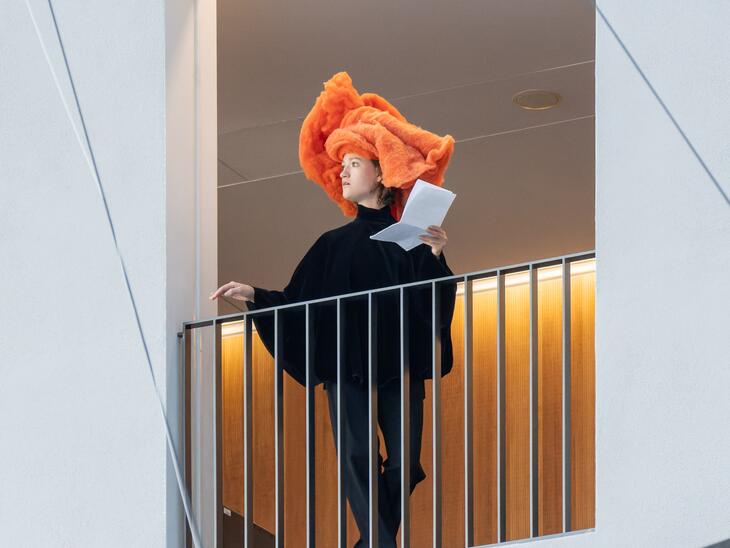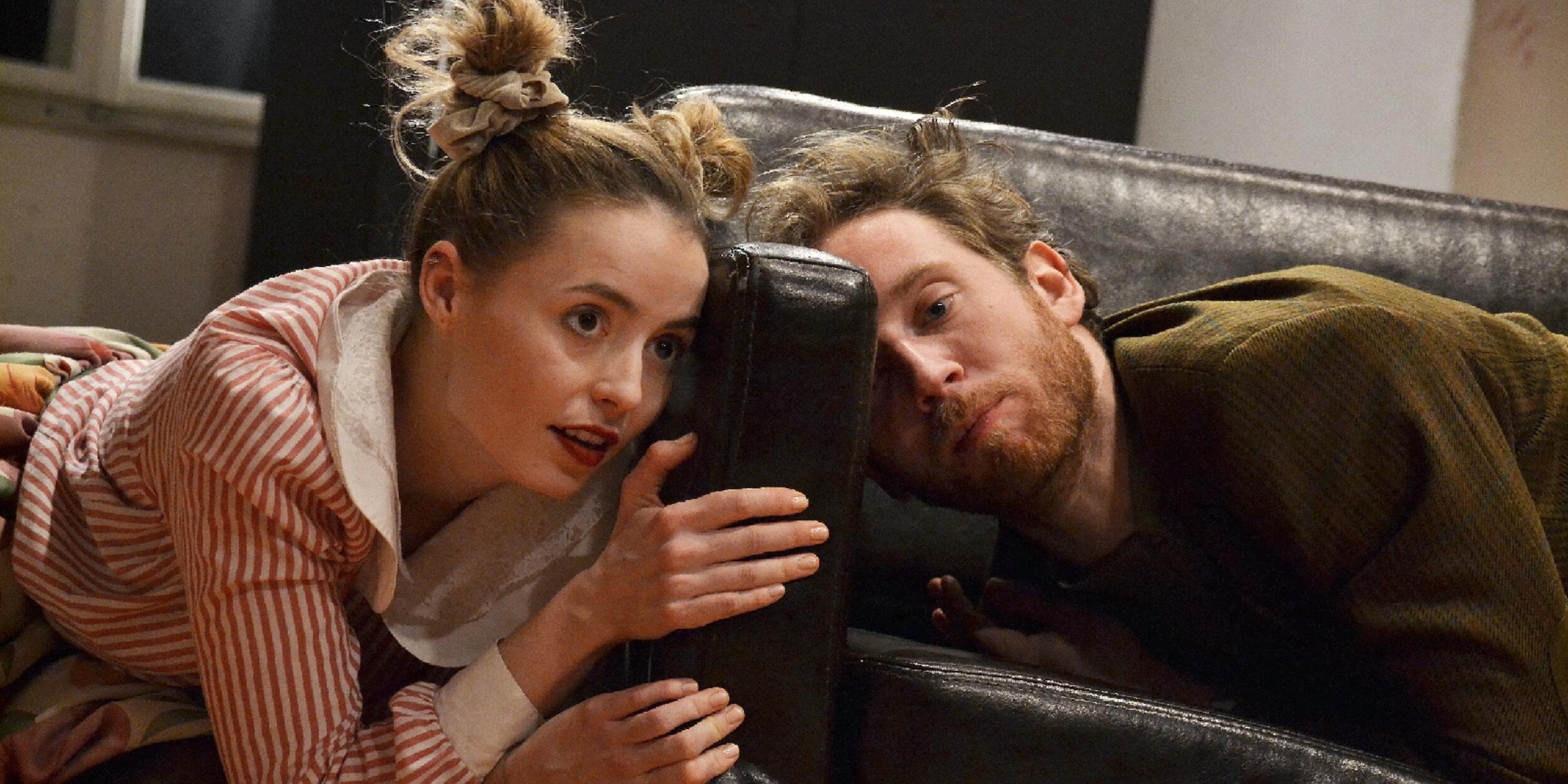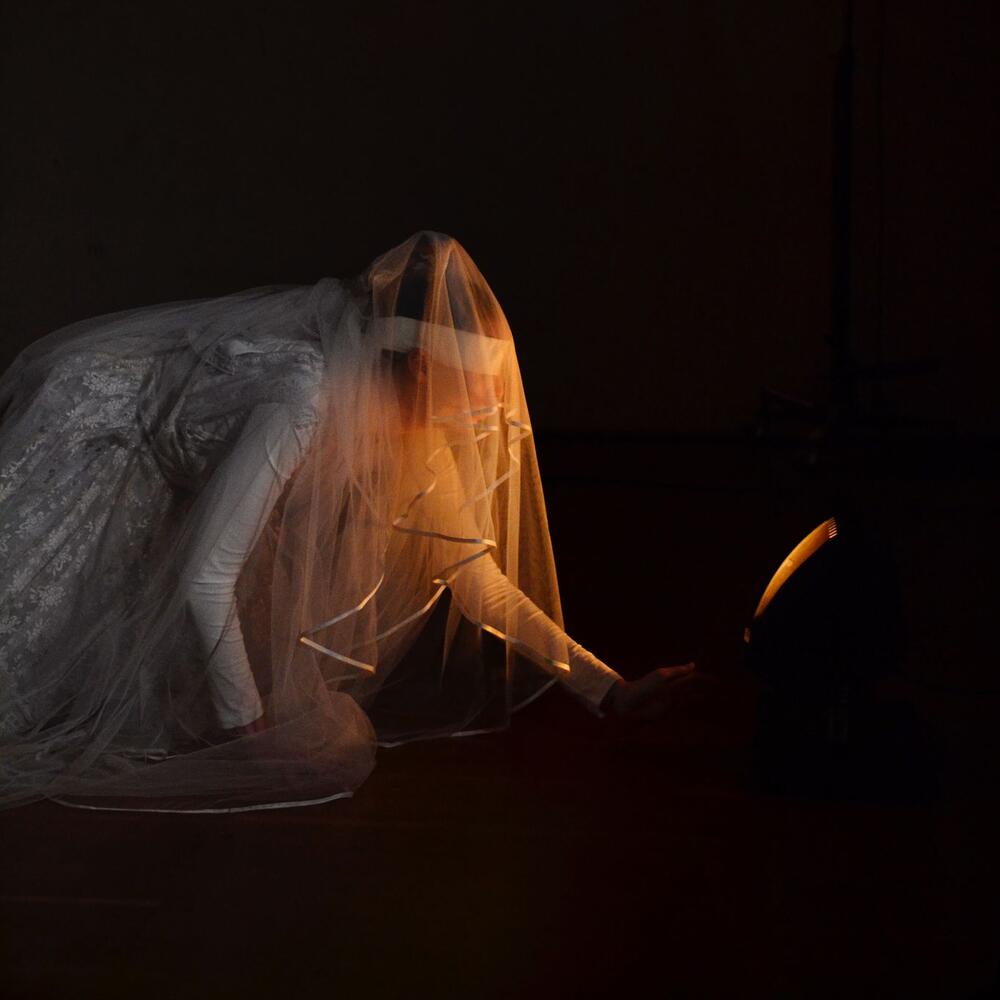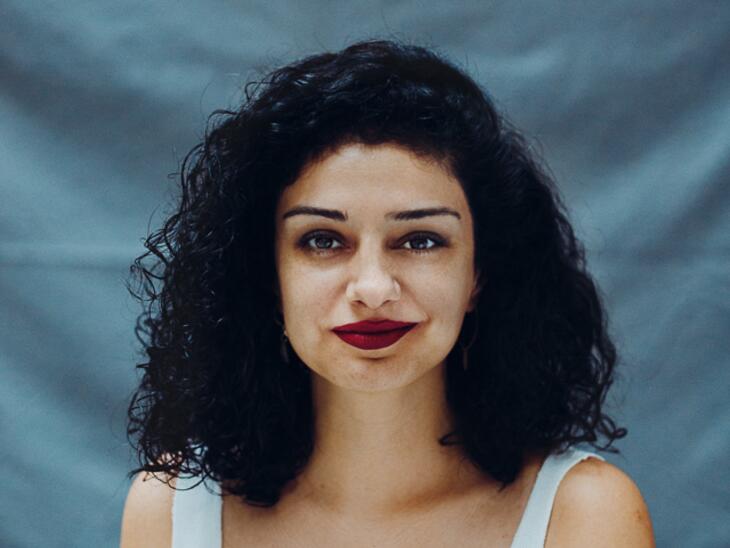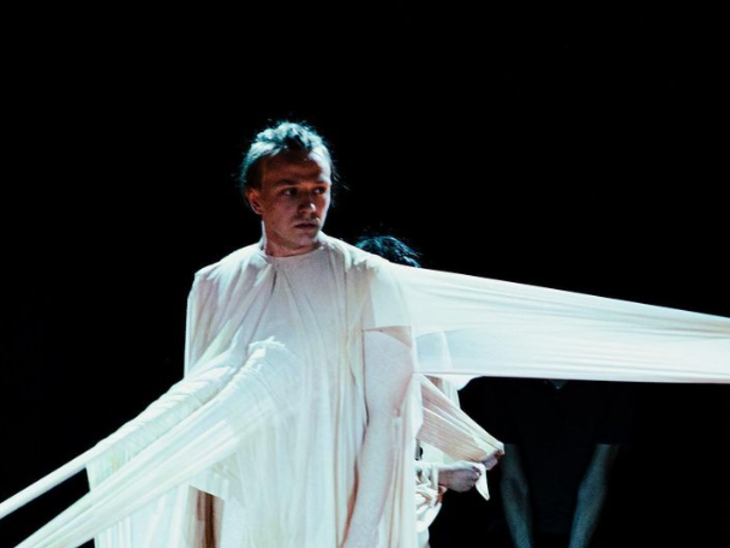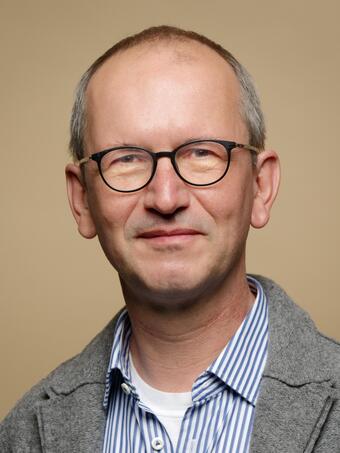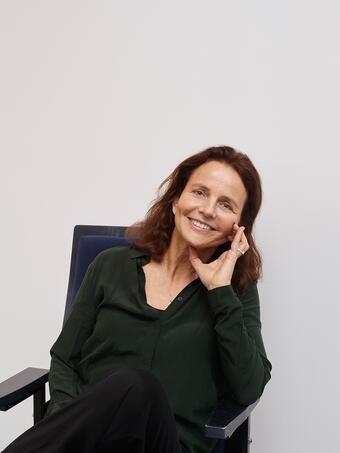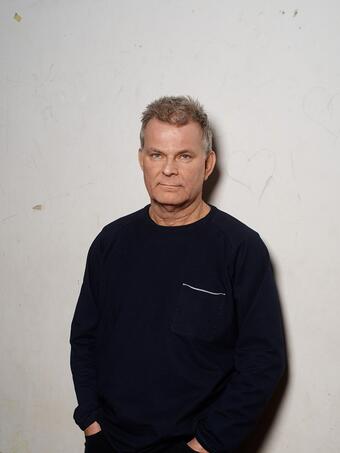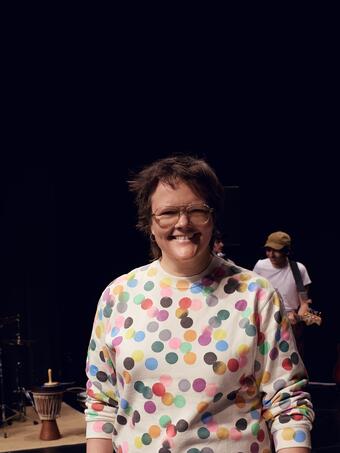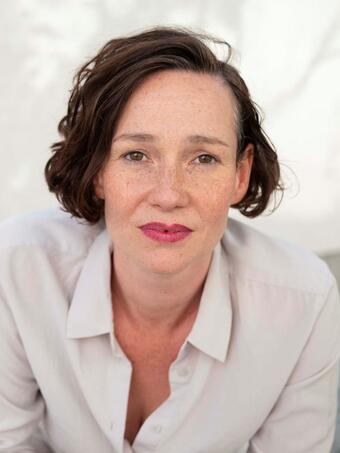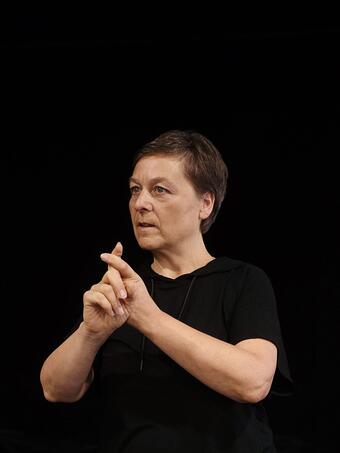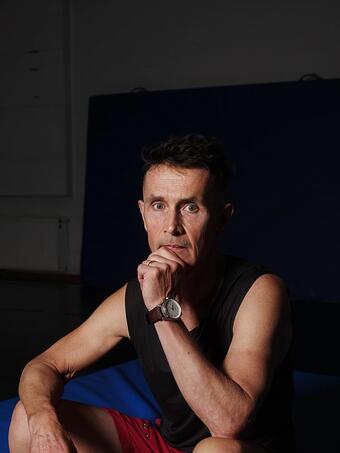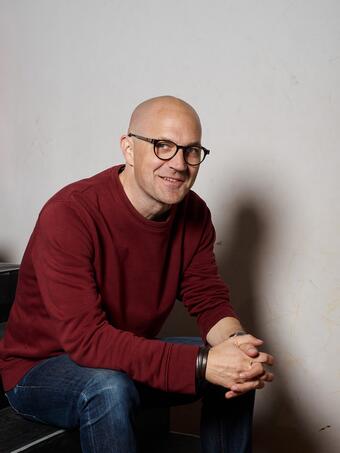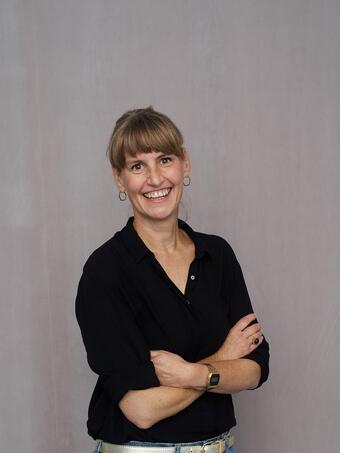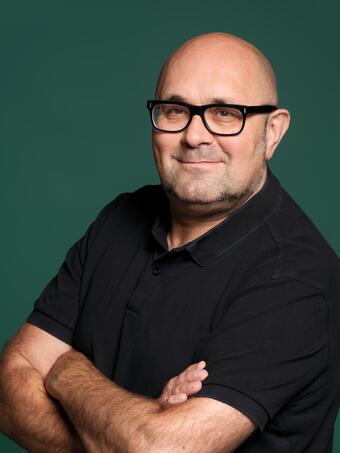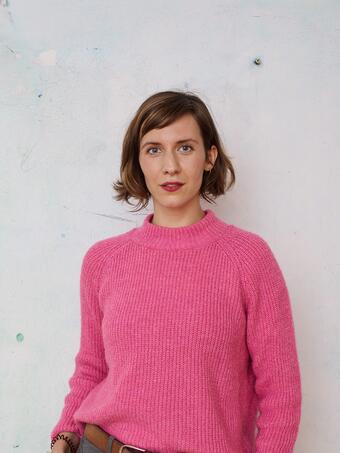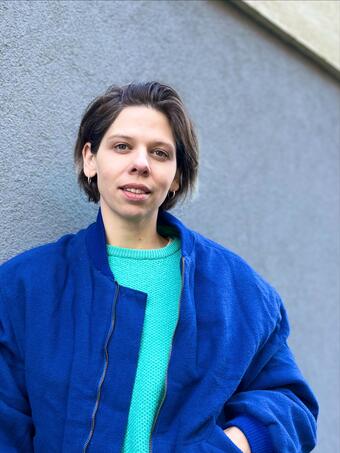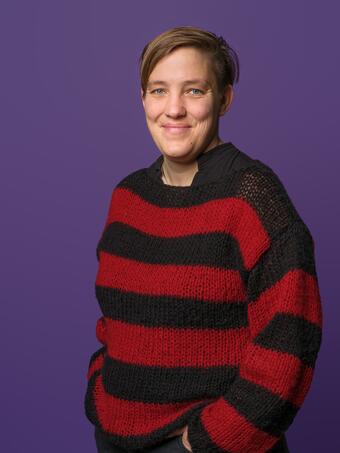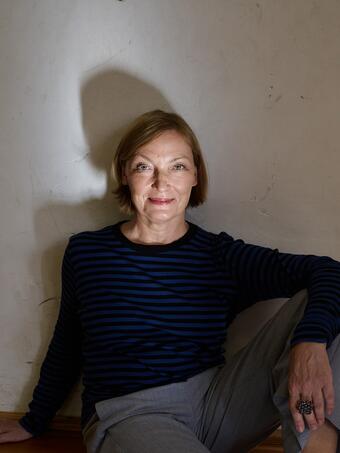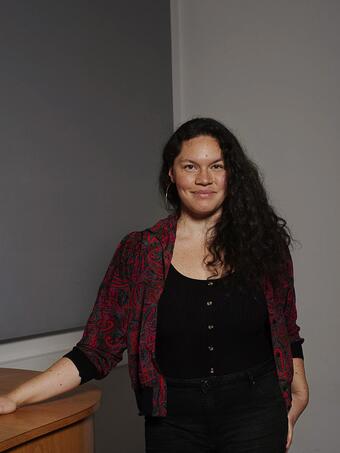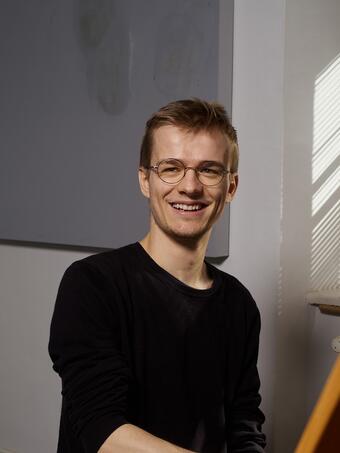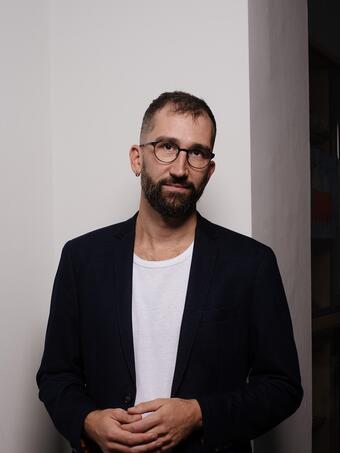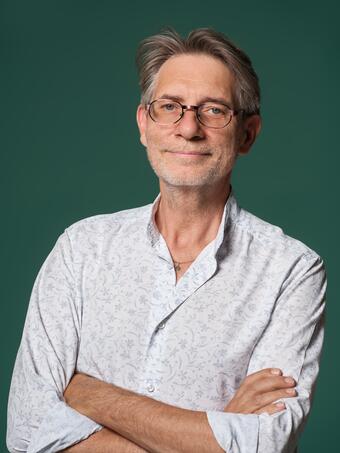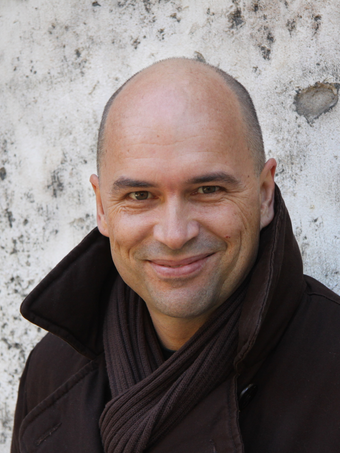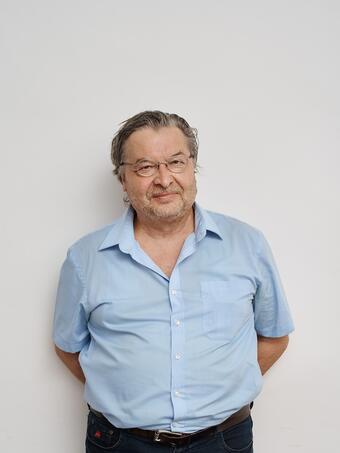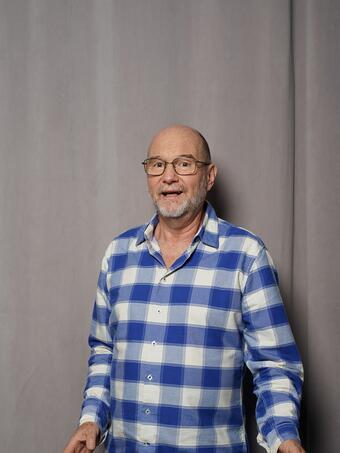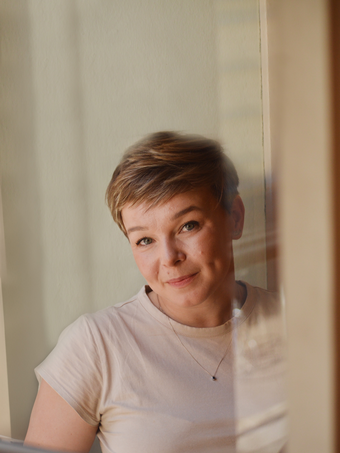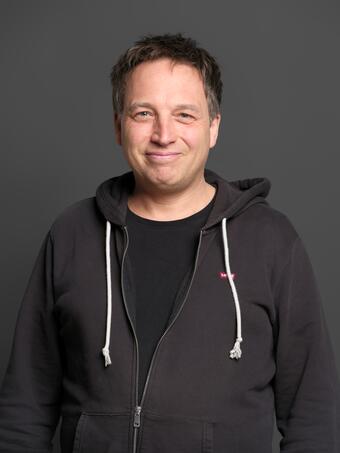Theatre practice at the Thomas Bernhard Institute is characterised by the close collaboration between acting and directing students. After completing a foundation year together, joint theatre work forms the core of the curriculum. The projects which take place each semester cover a broad spectrum of contemporary theatre forms. In addition to staging dramatic texts, students learn working methods from the fields of theatre for young audiences, as well as research-based and documentary project work. The programme is completed by additional workshops, in e.g. radio play directing, songwriting and music theatre. Artistic projects are supervised by faculty members of the Thomas Bernhard Institute as well as experienced guest lecturers from various areas of theatre practice. Students have access to the institute's own theatre in the Kunstquartier (TIKQ) as well as other rehearsal and work spaces. In addition, there are regular collaborations with Austrian and international cultural institutions, such as the Salzburg Festival, ARGE Kultur, the State Theatre in Oldenburg and the Ruhrtriennale in Bochum.
The course is divided into a preliminary section (fundamentals) and a main study. In the preliminary classes (1st semester), acting and directing students learn the basics of acting and improvisation together. The focus is on exploration and development of individual possibilities as performers.
In the main course of study, future directors receive comprehensive training in theatre theory and stage work. This includes intensive study of historical and contemporary theatre texts, philosophy, sociology, politics, literature and art history, as well as the development of practical skills to creatively manage rehearsal processes. In addition to a wide range of classes (directing, dramaturgy, space, lighting, stagecraft, costuming, etc.), they develop their own scenes and study projects with the acting students. Workshops complement and deepen the work. The studies are concluded with a diploma production.
Link to the curriculum (1st semester)
The Department of Acting, Directing & Applied Theatre is always interested in further developing the study programme through constant dialogue with current stage and performance practice.
NOTE: It is only possible to begin your studies in the summer semester.
